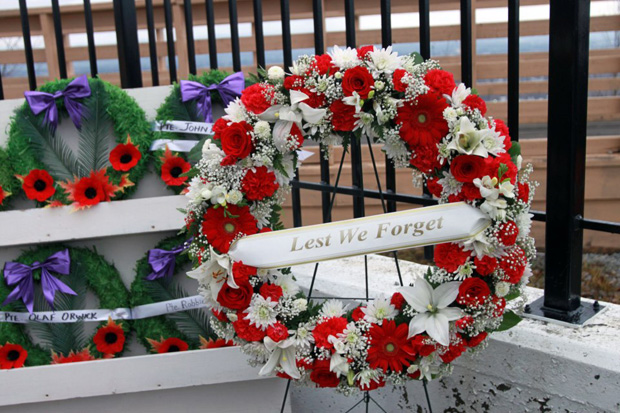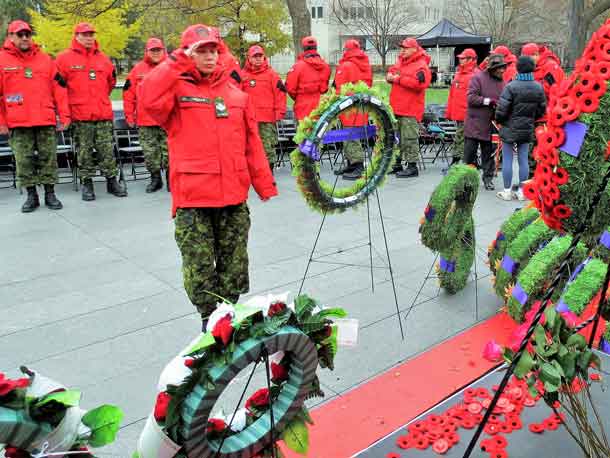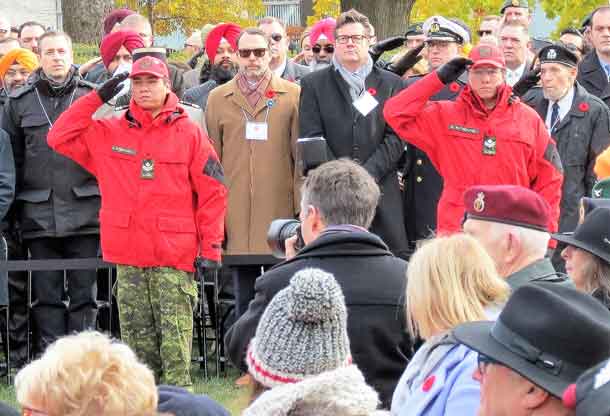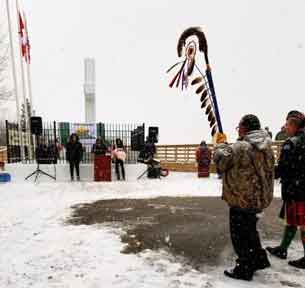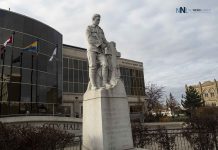Canada’s Commitment to Global Peace
When World War Two engulfed the world, Canada stepped forward with a strong commitment to support the Allied forces. The contribution of Canadian soldiers, sailors, and airmen, including the significant participation of Indigenous Canadians, was crucial across various theaters of war. This article explores the critical roles played by Canadians in key battles and their overall impact on the war effort.
The Air War: Canadians in the Battle of Britain
Guardians of the Skies
In the Battle of Britain, Canadian pilots played a vital role. Flying alongside the Royal Air Force, they helped defend the United Kingdom against the German Luftwaffe. Their skills in the sky were a significant contribution to preventing a German invasion of Britain.
Early Engagement: The Battle of Hong Kong
A Test of Resolve and Resilience
One of the first significant engagements for Canadian forces was the Battle of Hong Kong in December 1941. Canadian soldiers, under-prepared and outgunned, fought valiantly against overwhelming Japanese forces. Despite facing a formidable enemy and harsh conditions, their courage and perseverance were noteworthy.
The Dieppe Raid: A Harsh Lesson
Valour in the Face of Adversity
August 1942 saw one of the most challenging operations for Canadian forces — the raid on Dieppe. This operation was primarily a Canadian affair, and although it ended in a costly defeat, with heavy casualties, it provided invaluable lessons for future amphibious assaults, notably the Normandy landings.
D-Day and the Liberation of Europe
A Pivotal Role in Normandy
On June 6, 1944, Canadian forces were integral to the D-Day landings. They were tasked with securing Juno Beach, a mission they executed with great effectiveness. Their success on D-Day and subsequent actions in the Battle of Normandy were crucial in the Allied push through Europe.
The Multi-Faceted Contribution of Indigenous Canadians
Serving with Distinction Across All Branches
Indigenous Canadians served in significant numbers in the Canadian Army, Royal Canadian Navy, and Royal Canadian Air Force. Their unique skills, especially in reconnaissance and as code talkers, were invaluable. Their participation helped break down barriers and paved the way for greater recognition of Indigenous rights post-war.
The Cost of Courage: Casualties and Wounds
A Nation Mourns and Honors
The sacrifices made by Canadian forces were profound. Over 45,000 Canadians lost their lives, and more than 55,000 were wounded. These losses were felt deeply in Canada, a nation then of only 11 million people.
Conclusion: A Legacy of Valour and Sacrifice
The efforts and sacrifices of Canadian and Indigenous Canadian soldiers, sailors, and airmen in World War Two were instrumental in the Allied victory. Their bravery in battles like Hong Kong, the Battle of Britain, Dieppe, and D-Day showcased Canada’s commitment to global peace and security. The legacy of these courageous individuals continues to be remembered and honoured in Canada and beyond, embodying a spirit of resilience and dedication to a just and peaceful world.

